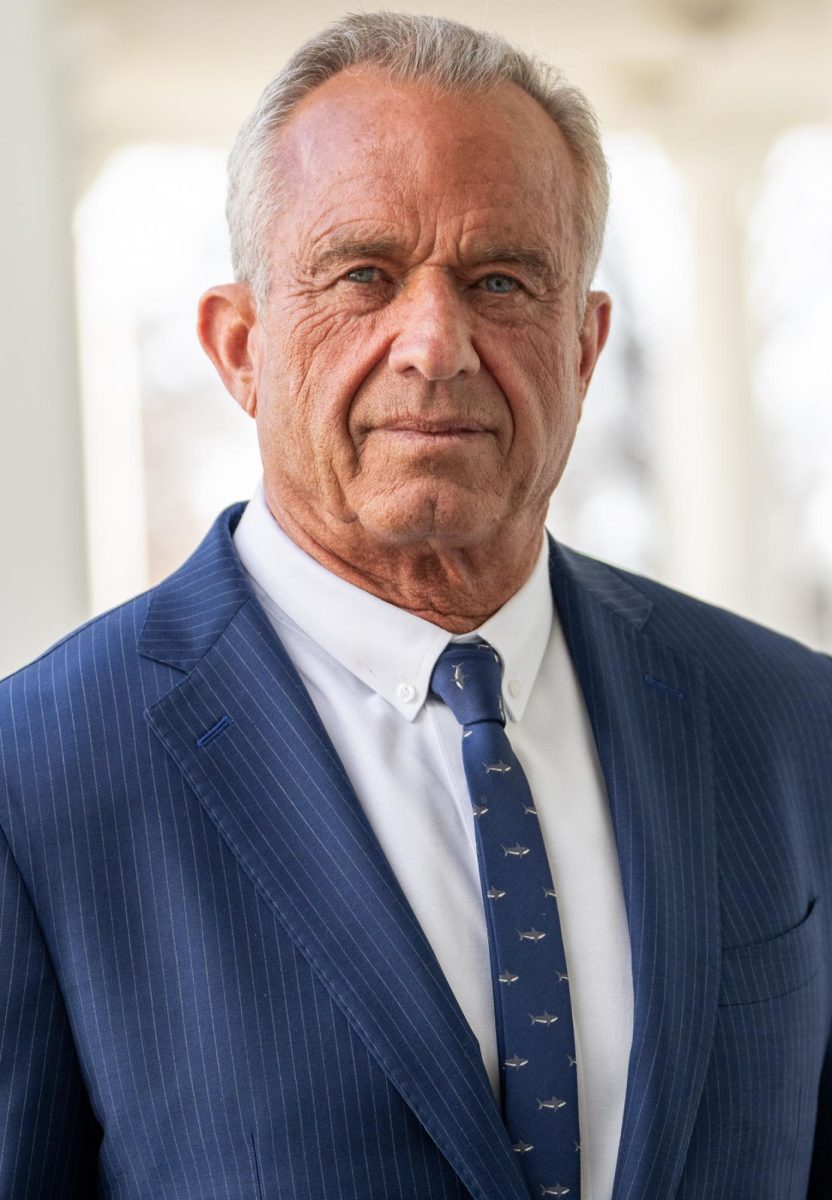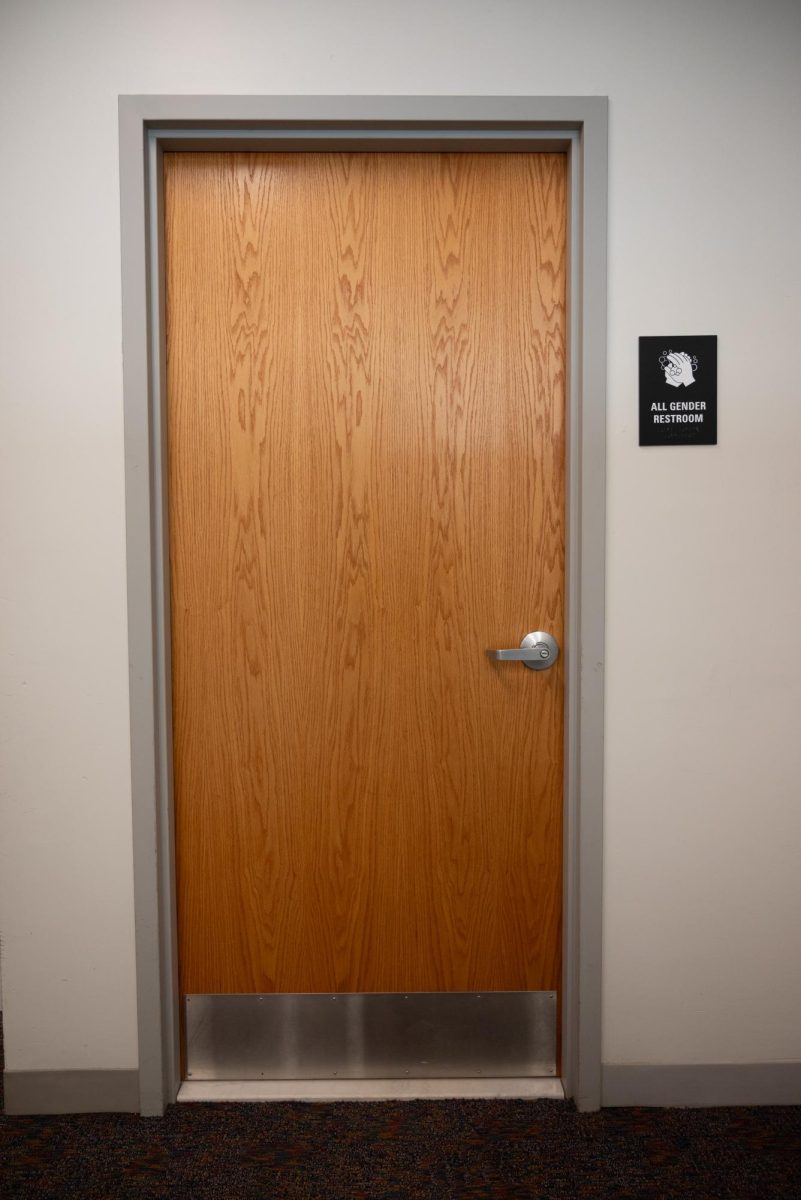At first it was exciting.
The neighborhood resembled an apocalyptic scene. I watched from the Christian Science Center as the lights went out in the Prudential Center. Thick black smoke was billowing from over a row of buildings, flashing blue lights split the darkness, police officers were herding pedestrians away from the (reportedly toxic) smoke, motorists were motionless on the corner of Huntington and Massachusetts avenues. It could have been the inspiration for a scene in a Hollywood zombie blockbuster.
Then it was annoying.
I caught wind we were evacuating from my residence hall, 319 Huntington Avenue, but no one officially told me. The authorities weren’t knocking on doors and I didn’t get a text message. I packed my things and prayed it wasn’t true.
As in any crisis situation, there were rumors and speculations circulating: They were evacuating us because there was no water (there was water), they were evacuating us because the fire lights weren’t working, they were evacuating us because of the (reported) smoke. None of these were the case.
After I had packed what I could fit into my backpack and retreated to the sidewalk with my suit in hand (of course I had a co-op interview in the morning), someone from Housing and Residential Life finally came with (some) answers. We were being evacuated because, without power, there are no emergency signals. I have later come to interpret this as meaning without power the smoke and carbon monoxide detectors don’t work, which is clearly an imperfect system.
We were told to find a friend’s place to stay at, and if all else failed there would be cots in the Cabot Center. Cabot sounded unappealing, all I could think of was images of the Super Dome post-Katrina. I camped out at Snell until I finally caved and went to Cabot.
I fared better than Ryan Jantz, a sophomore business major. Jantz was proctoring in Burstein Hall during the evacuation. He was kept in the dark (pun intended) throughout the whole ordeal. After his shift ended at 11:30 p.m. he was let into his building to gather what he could without a flashlight, but no one told him where to go from there.
“I wound up falling asleep at my computer at the library,” Jantz said.
The situation in Cabot was better than I expected. The cots were acceptable; there were blankets and pillows. Overcrowding wasn’t a problem. There couldn’t have been more than 40 people.
Communication was still unacceptable.
Tuesday night no one seemed to know when the dorm would reopen. Wednesday morning no one alerted us when it finally did. I checked at 7:30 a.m. and it was closed. I checked again at 11:45 a.m. and it was open. If I hadn’t checked, I never would have known. Jantz had a similar complaint.
“7, 8 o’clock in the morning, that’s not too early to ask,” Jantz lamented. “People have 8 a.m. classes.”
Wednesday afternoon, there was an email alert to let us know we would be evacuated again, as power would not be restored. Save for one email post-evacuation on Tuesday, this was the first time I received any electronic communication regarding the evacuations. It is worth noting the university sent me two “technology updates” over the course of Wednesday. I appreciate the effort, but if we were prioritizing, a simple “pack your things” would have been nice.
– Nick Jaques is a sophomore journalism and political science double major and a News correspondent.









